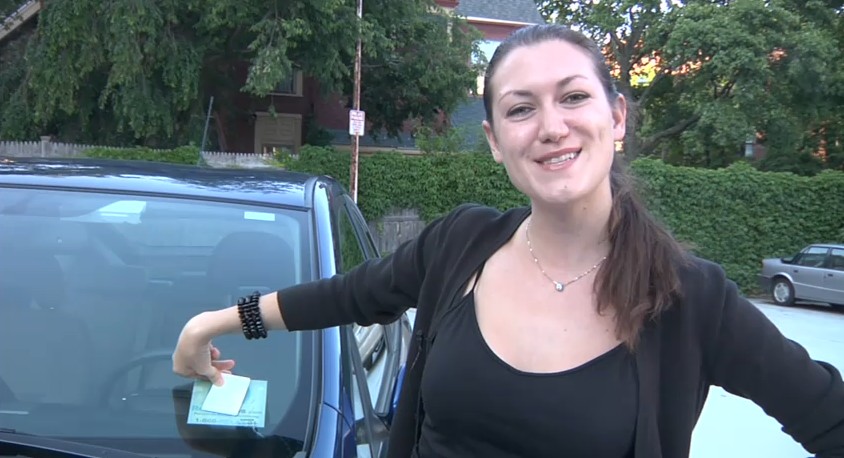
RelayRides demo
Over the past couple of decades, cities across Europe and North America have launched bike-sharing programs. Some have been free and open to anyone, some have required membership, and nearly all have failed miserably. But Shelby Clark thinks he can make sharing work for cars, and his company, RelayRides, aims to prove it.
In theory, RelayRides seems like a fantastic idea. It works much like Zipcar, which allows folks to sign up for the service, pay a membership fee, and then have the ability to borrow cars with little or no advance notice.
But whereas Zipcar maintains its own fleet of vehicles, RelayRides is made up of a community of private owners, just like you. Why would you, an otherwise sensible individual, allow a complete stranger to take your car out for spin to destinations unknown? Because RelayRides promises you a share of the membership dollars, suggesting that you could* earn up to $3,700 a week.
Pros, cons
Like Esperanto and stirrup pants, RelayRides sounds great on paper. The idea of loaning your under-used car to friends and strangers for small sums of cash is altruism at its finest.
Unfortunately, as many rental car agents will attest, people aren't likely to take care of property that isn't theirs -- even when they've put a credit card on file. And let's not forget all those bike-sharing projects, which resulted in an usually high number of bicycles floating in the Seine. We can't speak for every car owner in America, but we're not sure that RelayRides could pay us enough to put up with all the repair and maintenance we'd envision. (And that's to say nothing of the viability of car-sharing companies in general.)
On the other hand, we really like RelayRides decentralized distribution model. If that model were applied to a fleet, like the sort that Zipcar maintains, that could really shake up the car-sharing industry. If automakers joined the fray -- as Clark hopes they will -- things might become far more interesting.
The RelayRides service is currently available in Boston and San Francisco. For more info, check the company's website, or watch this video overview, brought to you by a very perky spokesperson.
*Could = could, but probably won't.
[Cnet]
